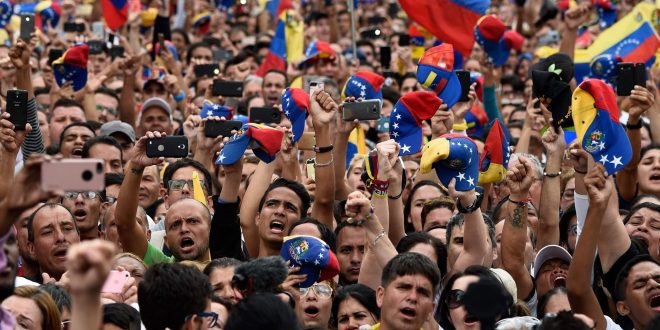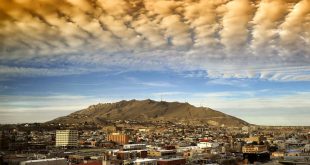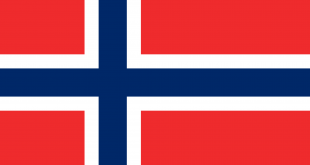Antonia Zhou
U.S. President Donald Trump officially recognized Juan Guaidó as Venezuela’s legitimate president on January 23, adding another factor to the country’s escalating political crisis, where opposition led by Guaidó is attempting to unseat current president, Nicolás Maduro.
Shortly after Trump’s announcement, Maduro broke relations with the U.S. and gave 72 hours for diplomats to leave Venezuelan territory. Maduro claims the U.S. has long been behind attempts to drive him from office.
Under Maduro, who is beginning his second term, the Venezuelan economy saw a continuous fall. Growing political dissent was accompanied by inflation, food shortages and mass exodus of Venezuelan citizens.
On January 23, Guaidó declared himself acting president. Guaidó—and many other Venezuelans—do not recognize Maduro’s re-election. During the election, opposition candidates were blocked from running, and many other fled the country under fear of imprisonment.
The National Assembly, which Guaidó heads, cites the 1999 Venezuelan Constitution, where it states that in such circumstances the head of the National Assembly takes over as president.
In 2017, amid rising political opposition, the Constituent Assembly was formed with the purpose of rewriting the Venezuelan Constitution and rendered the National Assembly nearly powerless. The Constituent Assembly are Maduro’s primary supporters as the National Assembly are Guaidó’s.
 Tempus Magazine By Students, For Students
Tempus Magazine By Students, For Students 



